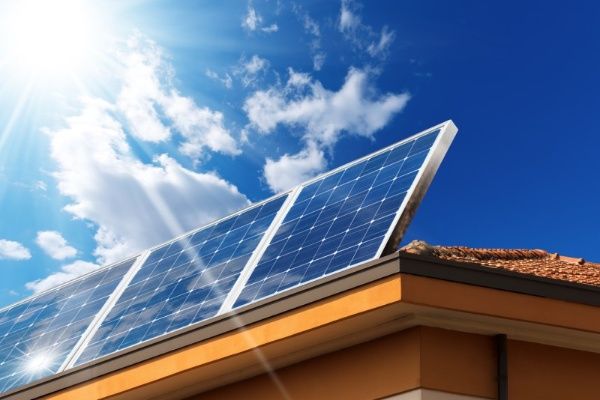An ongoing Department of Commerce investigation into whether China is circumventing tariffs on its solar energy products is slowing the expansion of solar power capacity in the U.S., according to industry and outside experts.
“In the blink of an eye, we’re going to lose 100,000 American solar workers and any hope of reaching the president’s clean energy goals,” Abigail Ross Hopper, president and CEO of the Solar Energies Industry Association (SEIA), said in a statement late last month.
On March 25, James Maeder, the deputy assistant secretary of commerce for anti-dumping and countervailing duty operations, announced an investigation into whether crystalline silicon photovoltaic cells from Cambodia, Malaysia, Thailand or Vietnam that use components from China violate tariffs on Chinese solar imports. Pending the outcome of that investigation, tariffs could be applied — even retroactively, for recent purchases — to solar panels from those four Southeast Asian countries.
Solar panel installers anxious not to run up what could potentially be a huge tax bill are therefore avoiding buying panels from those major suppliers and are often unable to fulfill orders.
As a result, on April 27, after surveying its members on the effect the investigation is having, the SEIA cut by 46% its forecast for new solar installations in 2022 and 2023. A May 10 analysis by Rystad Energy, an independent energy research consulting company, found a potentially even more dramatic contraction in the solar industry, concluding that 64% of the 27 gigawatts of new solar capacity was to be installed this year is in jeopardy.
With new tariffs potentially being imposed in August, clean energy advocates and experts say the problems may only grow worse in the months ahead. “Imports have fallen off, projects are being canceled, and projections of growth are being revised radically downward,” David Roberts, host of the podcast “Volts,” said Wednesday. “The tariffs could be anywhere from 30%-250%, which would radically change the economics of big solar projects, and, if applied, will be retrospective over the last two years, which means even existing contracts are in jeopardy. The uncertainty has cast a pall over the entire sector.”
TYT Newsroom


